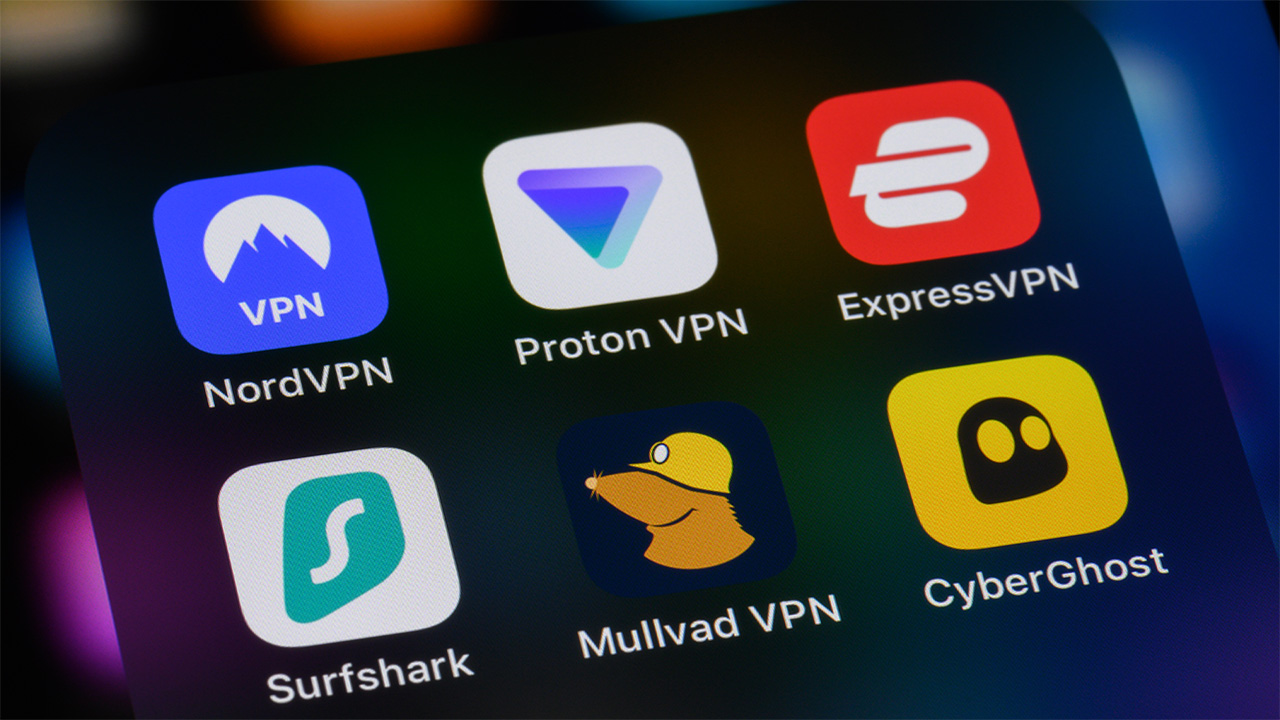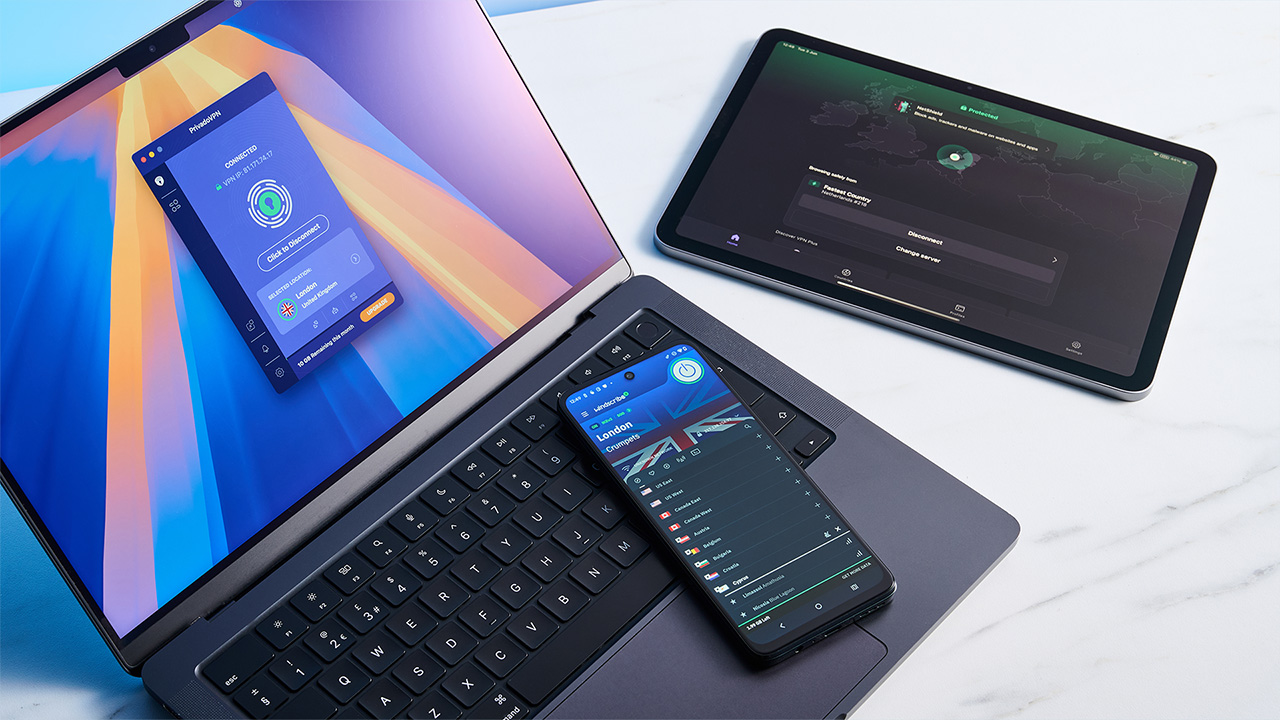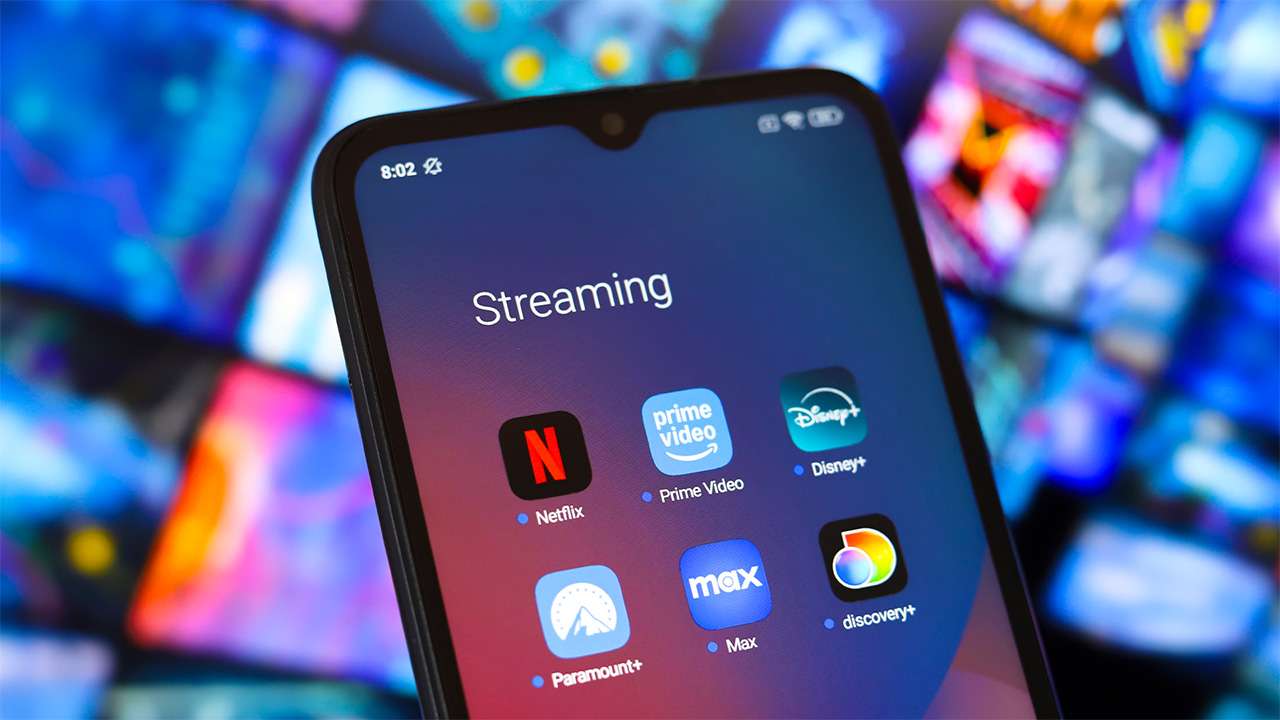Attacks on VPNs are unjustified and dangerous – and it's not how we achieve online safety
VPNs are a fundamental tool for privacy, they are not the enemy

Here at Tom’s Guide our expert editors are committed to bringing you the best news, reviews and guides to help you stay informed and ahead of the curve!
You are now subscribed
Your newsletter sign-up was successful
Want to add more newsletters?

Daily (Mon-Sun)
Tom's Guide Daily
Sign up to get the latest updates on all of your favorite content! From cutting-edge tech news and the hottest streaming buzz to unbeatable deals on the best products and in-depth reviews, we’ve got you covered.

Weekly on Thursday
Tom's AI Guide
Be AI savvy with your weekly newsletter summing up all the biggest AI news you need to know. Plus, analysis from our AI editor and tips on how to use the latest AI tools!

Weekly on Friday
Tom's iGuide
Unlock the vast world of Apple news straight to your inbox. With coverage on everything from exciting product launches to essential software updates, this is your go-to source for the latest updates on all the best Apple content.

Weekly on Monday
Tom's Streaming Guide
Our weekly newsletter is expertly crafted to immerse you in the world of streaming. Stay updated on the latest releases and our top recommendations across your favorite streaming platforms.
Join the club
Get full access to premium articles, exclusive features and a growing list of member rewards.
The best VPNs have been thrust into the limelight in recent weeks and months as age verification laws come into effect.
The UK's Online Safety Act is the most significant example, but we have seen age verification measures in the US and the EU.
Age verification checks are designed to protect children and vulnerable internet users from accessing harmful material and explicit content. This is not a bad thing. It's important, and sadly necessary.
However, the implementation of these checks has been hasty, one-dimensional, and poses a serious cybersecurity risk. Sensitive personal information, such as IDs and facial scans, is required to be handed over to third parties to verify your age.
As a result, people have turned to VPNs as a way to bypass age verification checks. This has led to calls for VPN regulation, investigation, and even VPN bans.
But this is not the answer. VPNs are tools for protecting privacy. Restricting them would do nothing but harm and drive people into more dangerous situations.
Outside of age verification, authoritarian governments looking to impose internet censorship have waged war on VPNs. 24 cases of internet restrictions were seen in the first six months of 2025.
However, it's no longer just authoritarian governments wanting to exert control over VPN usage. We're travelling down a dangerous path, and it is more important than ever that VPNs are allowed to exist and operate without interference.

Age Verification & VPNs
July 25, 2025, saw the UK's Online Safety Act become law and VPN usage in the country soared.
There was heated debate over the law – and even a petition to repeal it – and many had reservations about handing over personal information to third-party age check companies.
Labour MP Sarah Champion expressed her dismay over soaring VPN usage, tweeting that she had warned the government about this possibility.
Champion proposed an amendment to the Online Safety Act back in 2022 when it was still a bill. She called for OFCOM to be able to investigate VPNs if they were used to undermine internet regulations.
A new report by the Children's Commissioner's office recommended that children be banned from using VPNs, and said it was "concerned" age verification checks could be circumvented.
Speaking on BBC Newsnight, Dame Rachel de Souza, the current Children's Commissioner, called for age verification on VPNs. She said using one to bypass age checks was a "loophole that needs closing."
“Of course we need age-verification on VPNs”Children’s Commissioner for England Rachel de Souza says children should not be allowed to use Virtual Private Networks, as they are often used to access pornography. #Newsnight pic.twitter.com/3k2AeKDXPAAugust 18, 2025
The idea that VPNs would willingly introduce age verification checks is unlikely to say the least. The leading VPN providers have strict no-logs policies and collect as little information about their users as possible.
While there are more secure methods of age verification, it's difficult to see how VPN providers would require users to submit sensitive personal information to use the product. It'd be ironic, hypocritical, and go against everything VPN companies stand for.
Most VPNs do have to view information like your email address or credit card information in order to create and pay for your subscription. However, age verification would be a different beast, and some of most private VPNs – Mullvad, for example – don't even collect that information.
In response to the Children's Commissioner's report, the UK government said there are no plans to ban VPNs. Peter Kyle, the UK's Secretary of State for Science, Innovation and Technology has also echoed these comments.
However, Kyle has said he would look "very closely" at VPN usage and has made controversial comments about those who oppose the Online Safety Act.
It's likely we will see an increase in pressure on VPN usage in the UK. Although no ban is being floated right now, there is concern around VPNs.

It's not just the UK that is imposing age verification. In the US, 22 states have passed age verification laws, with three more states having laws yet to come into effect. Eight states have pending bills, and eight have had failed bills.
As reported by Reuters, five EU member states are trialling an age verification app aimed at protecting children. France, Spain, Italy, Denmark, and Greece are the countries conducting tests and it follows on from the introduction of the EU's Digital Services Act.
The line between protecting vulnerable internet users and compromising privacy and digital freedoms is very fine. However, current methods and legislation fail to adequately protect individuals and impact our privacy at the same time – it's a lose-lose situation.
Streaming & VPNs
VPNs have been targeted by streaming companies and sports broadcasters. In June, the Motion Picture Association (MPA) called for VPNs to impose "dynamic blocking" in its bid to combat piracy.
In July, Cloudflare began blocking over 200 piracy-related sites in the UK and this was reportedly linked to the MPA's request. Although not targeting VPNs directly, any user attempting to access one of the blocked sites with a UK IP address would find themselves blocked – including those connected to a UK VPN server.
In May, VPNs were ordered to block illegal streaming sites in France, following a court victory for Canal+.

Of course, illegal streaming is just that – illegal. Nobody is disputing this, and VPNs should never be used for illegal activities. However, the issue with these cases is it misplaces blame, directing it towards VPNs and risking undermining internet freedoms.
VPNs are not facilitators of piracy. VPN providers have no control over how their users behave, and they can't see their browsing activity. Internet blocking goes against what VPNs campaign for, and they consider VPNs being targeted to be wrong.
Internet censorship & VPNs
4.8 billion people were affected by internet censorship in 2024, and as mentioned above, 24 internet restriction cases were seen in the first six months of 2025.
Authoritarian governments heavily restrict VPN usage and the tools are illegal in a handful of countries. Russia has recently passed restrictive VPN laws and attacks have been seen in Venezuela, Pakistan, and Myanmar in recent months.

VPN providers make it their mission to combat censorship and fight for internet freedoms, and this can't be two-tiered. We can't say some should have freedoms and some shouldn't. Digital privacy should be a right and available to all.
Free emergency VPNs are available for those living under restrictions, and there are many activists and journalists raising awareness of internet censorship.
VPNs provide people with the tools to protect themselves online. Whether it's bypassing censorship, protecting your data from third-parties, or preventing trackers and malware, VPNs have multiple uses for multiple people – and for some they are a lifeline.
The dangers of targeting VPNs
Countries like the UK, the US, France, or Switzerland – with its controversial proposed surveillance law – targeting VPNs would see them become no different to authoritarian countries like Russia and Iran, whose internet practices we quite rightly condemn.
Other than potentially exposing our data to unnecessary risk, targeting VPNs could lead people down dangerous avenues.
Smaller, potentially dangerous VPNs may see an increase in traffic. People will be left unprotected when surfing the web, exposing themselves to hackers, threats, malware, and tracking.
It's undeniable that reputable VPN providers will do all they can to protect themselves from any attacks – whether that's innovating with new technologies or withdrawing from countries. The safety of users and our right to privacy cannot be compromised, and governments need to stop short-sighted targeting of VPNs.
There needs to be education and awareness. Authorities should work with VPN providers on creating a safer and more private internet, not push them away and dismiss genuine privacy and security concerns.
VPNs, and privacy activists, need to be ready for an increase in pressure towards them and calls for VPN bans and regulation – and these should be opposed.
We test and review VPN services in the context of legal recreational uses. For example: 1. Accessing a service from another country (subject to the terms and conditions of that service). 2. Protecting your online security and strengthening your online privacy when abroad. We do not support or condone the illegal or malicious use of VPN services. Consuming pirated content that is paid-for is neither endorsed nor approved by Future Publishing.

George is a Staff Writer at Tom's Guide, covering VPN, privacy, and cybersecurity news. He is especially interested in digital rights and censorship, and its interplay with politics. Outside of work, George is passionate about music, Star Wars, and Karate.
You must confirm your public display name before commenting
Please logout and then login again, you will then be prompted to enter your display name.
 Club Benefits
Club Benefits










